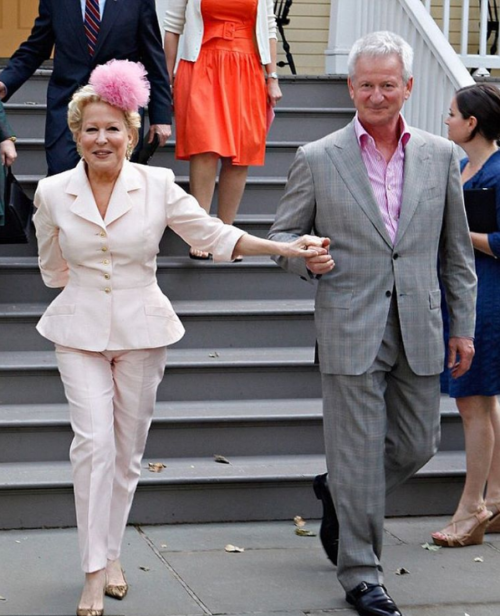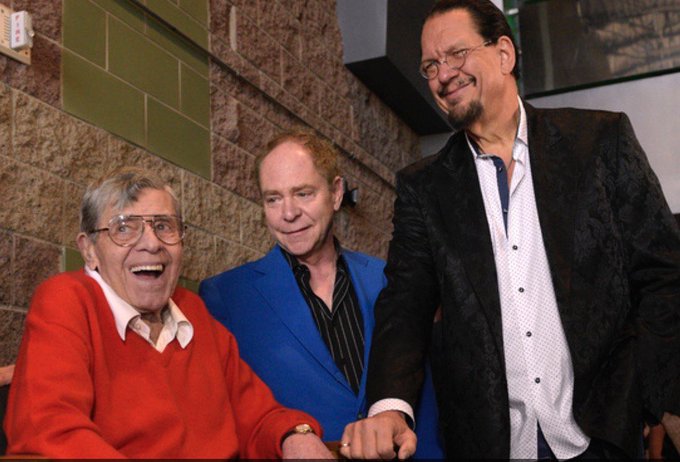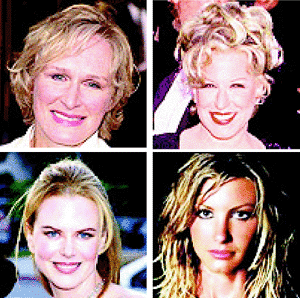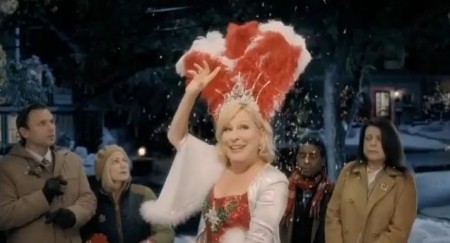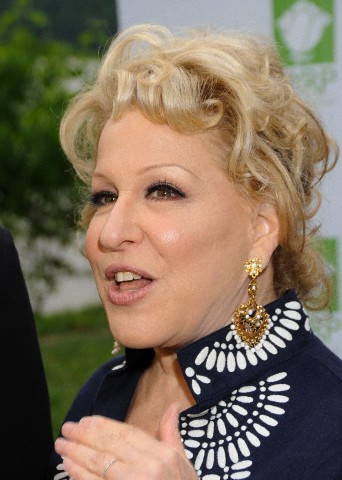
Forbes
Philanthropy
Celebrity Charities: Good For Image, But What About Good Works?
Monte Burke and William P. Barrett 06.30.10, 6:20 PM ET
Like a good tax advisor, a charitable connection is now considered essential for a serious celebrity building a brand. That can come through an identification with a cause (think Mary Tyler Moore and the Juvenile Diabetes Research Foundation), by contributing cash after a disaster (Brad Pitt and Angelia Jolie for Haiti), or from big fundraising events (Jerry Lewis and his annual telephones for the Muscular Dystrophy Association).
In Pictures: Celebrities and Their Charities
Or, a celebrity can do like Bill Gates, Michael Bloomberg, Michael Dell and many other billionaires on the Forbes 400 list have done and set up their own foundation, perhaps branded with their own name. We estimate about a fourth of those on our 2010 list of the biggest celebrities have their own charities. A private foundation can afford maximum control and tax planning benefit, not to mention image-burnishing. In a very high-income year a celebrity can give, say, $1 million to his own private foundation and get a current tax deduction for all of it. But the foundation only has to spend 5% of its assets on charity work each year. That means the largess can be doled out way in the future, perhaps when a fading celebrity needs a publicity lift.
So foundations can be good for celebrities. What about charity? Forbes examined the latest tax returns of 175 nonprofits with a strong celebrity link and found many operate with admirable efficiency, while others run up high expenses. If a foundation gets it funds primarily from the celebrity (so there are no fundraising costs) and runs no programs, simply making grants of money to other charities, overhead costs can be negligible.
David Letterman’s whimsically named American Foundation for Courtesy and Grooming handed out $1.2 million to a wide range of charities with overhead expense of just $25. Alec Baldwin’s foundation gave away $555,000 with only $215 in overhead expenses; fellow actor Steve Martin’s disbursed $399,000 with overhead of $329.
The foundation of novelist Dean Koontz distributed $1.2 million with overhead of $2,400, while Martha Stewart’s handed out $1.6 million with overhead of just $4,891. Other celebrities with frugal foundations (overhead of 5% or less of grants made) include Candice Bergen, Celine Dion, Gloria Estefan, Richard Gere, Kelsey Grammer, Ron Howard, Angelina Jolie and Brad Pitt, Stephen King, Lorne Michaels, Bette Midler, Jerry Seinfeld and Donald J. Trump.
At the other end of the spectrum, celebrities with at least one foundation carrying relatively high overhead (20% or more of grants made) include Jane Fonda, Hugh M. Hefner, Larry King, Dr. Phil McGraw and filmmaker Michael Moore.
An Oprah Winfrey nonprofit, Oprah’s Angel Network, which is being shut down, gave away $8.6 million but had a higher-than-normal overhead rate of 37%. A spokesman for the TV talk show star said contributions came from viewers and that Winfrey paid the overhead herself.
A charity created by Rosie O’Donnell, the For All Kids Foundation, doled out $2.9 million in grants last year. But it spent another $1.9 million on overhead, or 64 cents for every dollar of grants, among the highest overhead we found. Why so high? We didn’t get an explanation from the charity. But in its tax filing, it reported $340,000 in fundraising expenses, loan payments on a debt and hundreds of thousands of dollars on unspecified “management” fees.
Celebrity foundations that use sports fundraising are often among the least efficient. Consider Bob Hope, the legendary entertainer who died in 2003 at age 100. Around Palm Springs, Calif., Desert Classic Charities d/b/a Bob Hope Classic runs a golf tournament that produced $1.6 million for other charities. But to do so it had to spend nearly five times that sum in expenses. “It’s very hard to evaluate a charity like ours on the basis of efficiency,” says business manager James Reed.
Hope is among the many celebrities whose charitable presence has endured long past their own deaths. Other such namesake honorees include Louis Armstrong, John Belushi, Irving Berlin, Alfred J. Hitchcock, Danny Kaye, Jim Henson, Liberace, Charles A. Lindbergh, Paul Newman, Mary Pickford, Elvis Presley, Christopher Reeve and Lawrence Welk.
The John W. Carson Foundation, named for the late-night TV host who’s late himself, gave away $247,000. But it said in tax filings it received from a related trust a gift (it valued at $490,000) of Carson’s “image and likeness.” Presumably, the related trust got a tax deduction.
The literary trust established by the will of writer Truman Capote, who died in 1984, still handed out nearly $400,000 for creative writing scholarships. But it spent nearly as much on overhead, including large legal, accounting and management fees. Indeed, the 83% overhead rate was among the highest we saw by far. Trustee Alan U. Schwartz, who was Capote’s lawyer, says the overhead exists because new deals had to be negotiated concerning Capote’s literary works, which are the bulk of the trust’s assets. “We had to spend money to make the money,” he said.
Celebrity foundations can fade even if a star doesn’t. Latest available filings show little or no charitable activities for nonprofits associated with Nicolas Cage, Calvin Klein, Lou Gossett Jr. or Bruce Willis. But the Oscar-wining Gossett, 74, says he is starting to raise funds to build a community center for youths in a yet-to-be-designated troubled big city. His goal, he says, is to give kids some place to go “away from the gangs.”



